The patch, a product called Viaskin, contains a small dose of peanut protein which is to be applied each day such that the skin absorbs the protein. Immune cells then carry the protein to other parts of the body to suppress the allergic response.
The late-stage trial, which involved more than 200 children ages 1 to 3 with peanut allergies, found that after wearing the experimental patch around 22 hours a day for a year, 67% were able to tolerate 300 to 1,000 milligrams of peanut protein — the equivalent of one to four peanuts. The“Amazingly, not only did it raise the amount of peanut [tolerance] in these children, but the nature of the reaction also changed. There was a decrease in the number of severe reactions,” said Dr.
“We’re trying to build a protective layer for them so that if there is an accidental peanut exposure, they won’t have a reaction, or that reaction will be very mild and not send them to the emergency room,” he said.Getting kids with an allergy to a point where they can tolerate several peanut kernels, Mohideen added, is “absolutely life-changing” and would ease parents’ anxiety about taking their kids to restaurants or on airplanes.
In the Viaskin trial, four of the participating toddlers developed anaphylaxis — an allergic response often characterized by difficulty breathing, swelling in the throat, pale skin, blue lips, fainting or dizziness. The reactions weren’t considered severe, though three required epinephrine, an injection more commonly known as an EpiPen.Other research into peanut allergy interventions is ongoing.
Dr. Kanwaljit Brar, a pediatric allergy and immunology specialist at Hassenfeld Children’s Hospital at NYU Langone, said most of her patients with peanut allergies are babies and toddlers. Her older pediatric patients have seen improvements from Palforzia, she added, but it’s not suitable for everyone because it requires doctors’ visits every two weeks and isn’t covered by all insurance providers.
Singapore Latest News, Singapore Headlines
Similar News:You can also read news stories similar to this one that we have collected from other news sources.
 A 'peanut patch' desensitized toddlers with peanut allergies in a promising late-stage trialA wearable patch may be able to prevent severe allergic reactions in toddlers with peanut allergies, according to the results of a promising clinical trial.
A 'peanut patch' desensitized toddlers with peanut allergies in a promising late-stage trialA wearable patch may be able to prevent severe allergic reactions in toddlers with peanut allergies, according to the results of a promising clinical trial.
Read more »
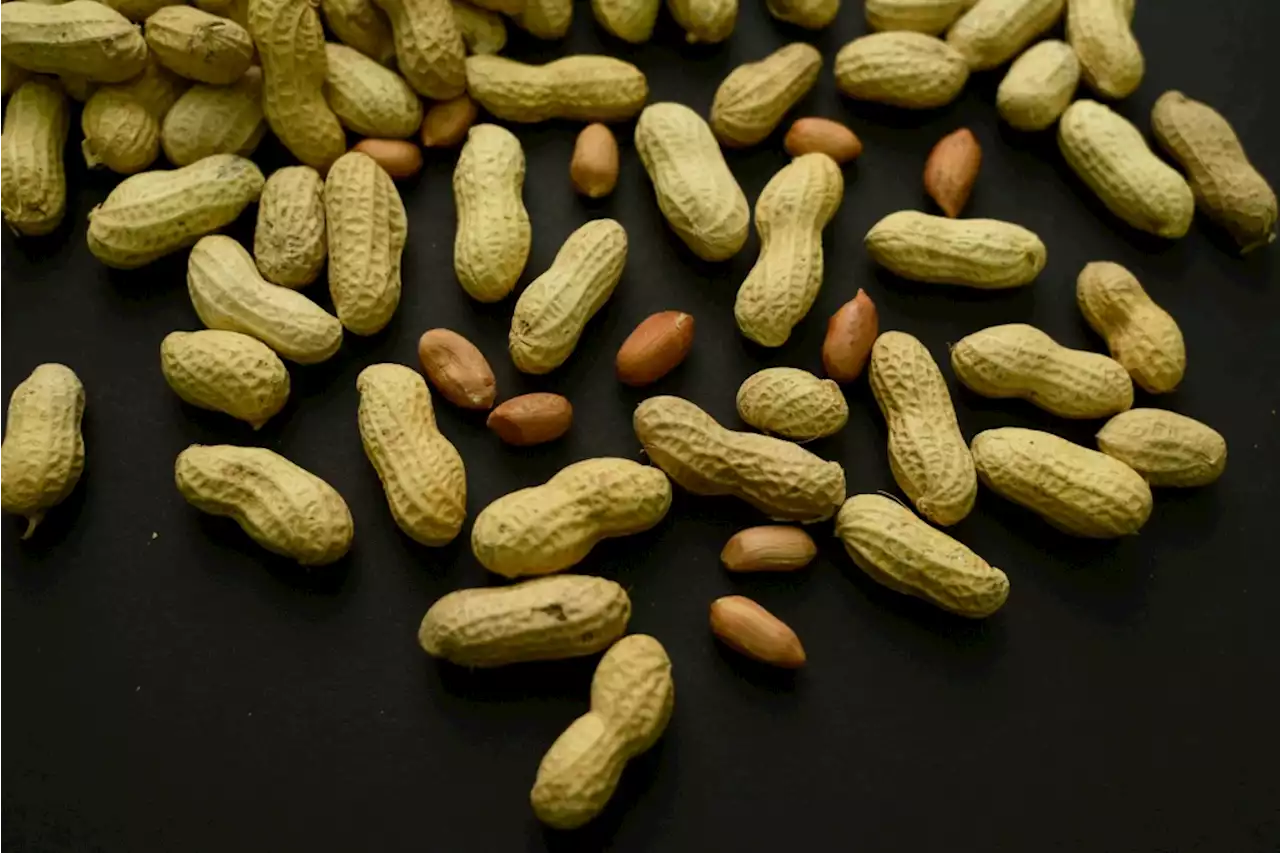 Study: Skin patch shows promise against peanut allergiesSome youngsters also accidentally ate peanut-containing foods during the study, and researchers said allergic reactions were less frequent among the Viaskin users than those wearing the dummy patch…
Study: Skin patch shows promise against peanut allergiesSome youngsters also accidentally ate peanut-containing foods during the study, and researchers said allergic reactions were less frequent among the Viaskin users than those wearing the dummy patch…
Read more »
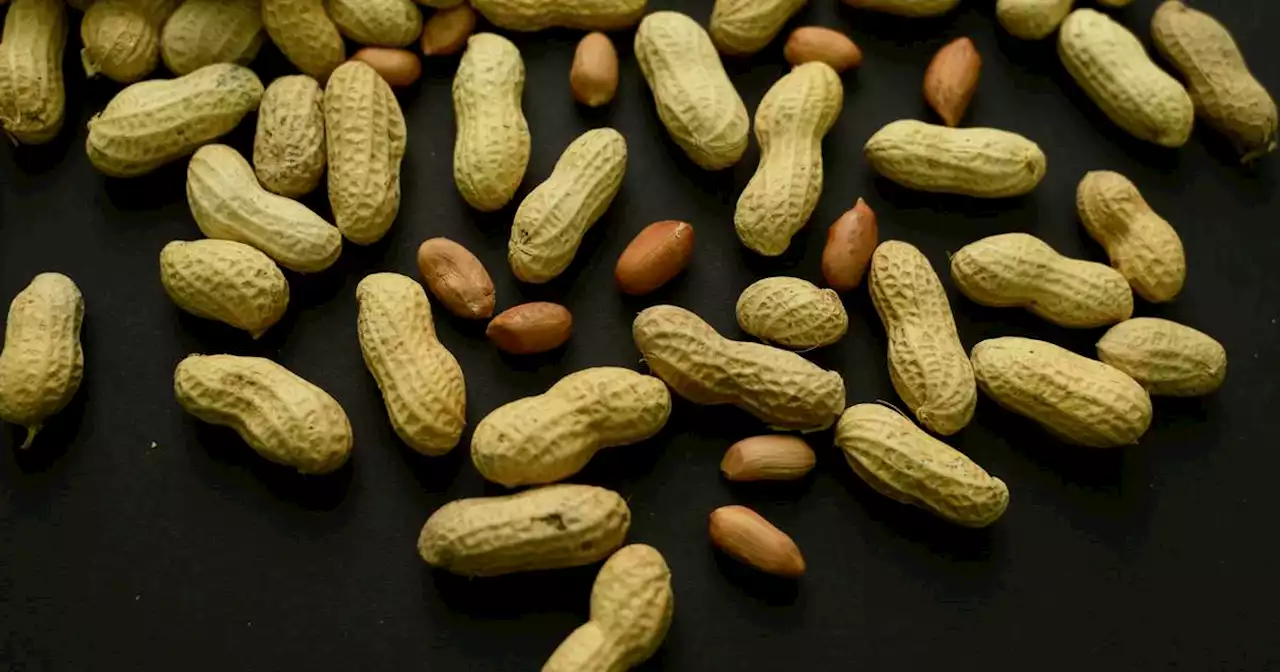 A skin patch used to treat peanut allergies shows promise in study with toddlersAn experimental skin patch is showing promise to treat toddlers who are highly allergic to peanuts — training their bodies to handle an accidental bite.
A skin patch used to treat peanut allergies shows promise in study with toddlersAn experimental skin patch is showing promise to treat toddlers who are highly allergic to peanuts — training their bodies to handle an accidental bite.
Read more »
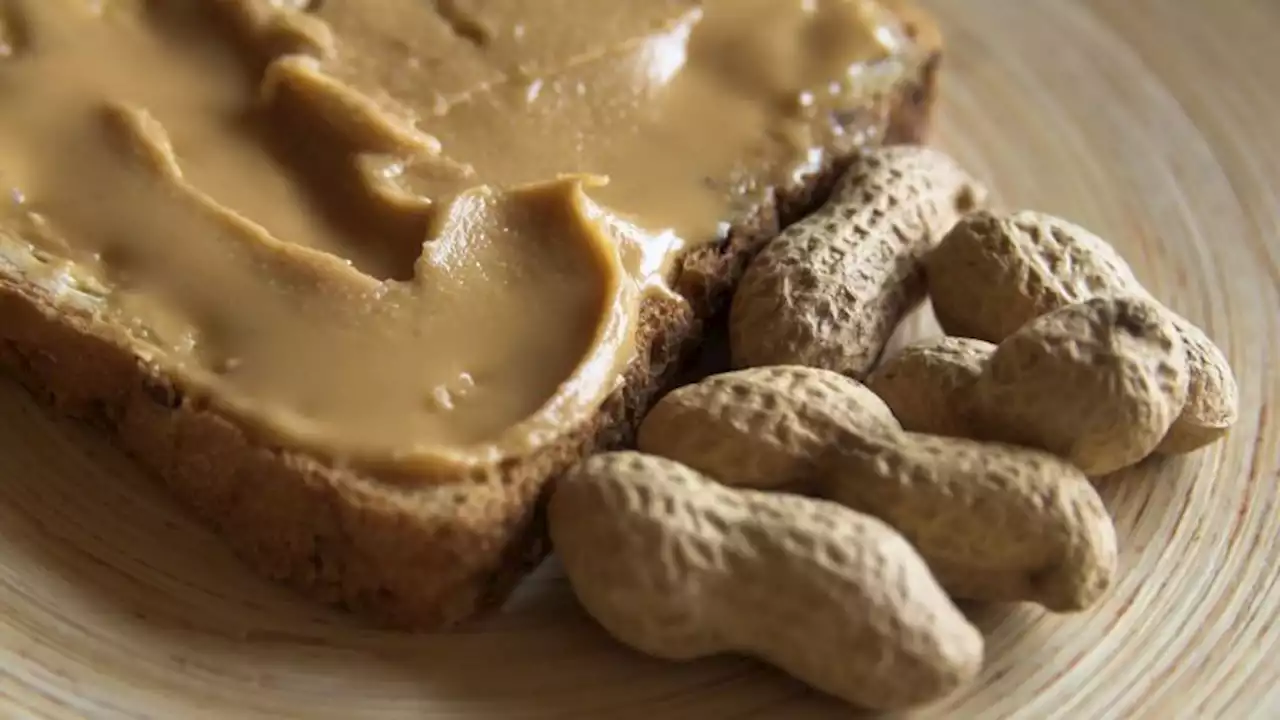 Skin patch shows promise in toddlers with peanut allergies | CNNA 'peanut patch' showed promising results in a late-phase clinical trial in toddlers with peanut allergies, according to a new study.
Skin patch shows promise in toddlers with peanut allergies | CNNA 'peanut patch' showed promising results in a late-phase clinical trial in toddlers with peanut allergies, according to a new study.
Read more »
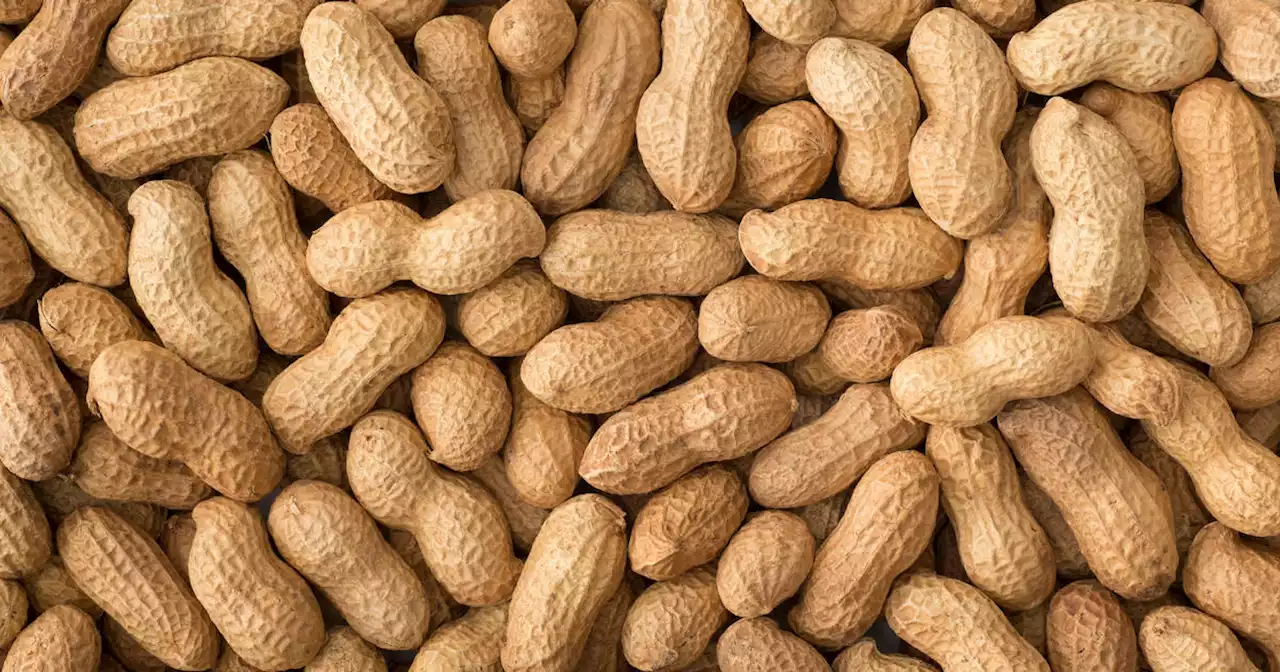 Peanut allergies skin patch for toddlers shows promise in trialThe patch, called Viaskin, is designed to help children between one- and three-years-old develop at least some tolerance for peanuts. It could 'fill a huge unmet need,' one expert says.
Peanut allergies skin patch for toddlers shows promise in trialThe patch, called Viaskin, is designed to help children between one- and three-years-old develop at least some tolerance for peanuts. It could 'fill a huge unmet need,' one expert says.
Read more »
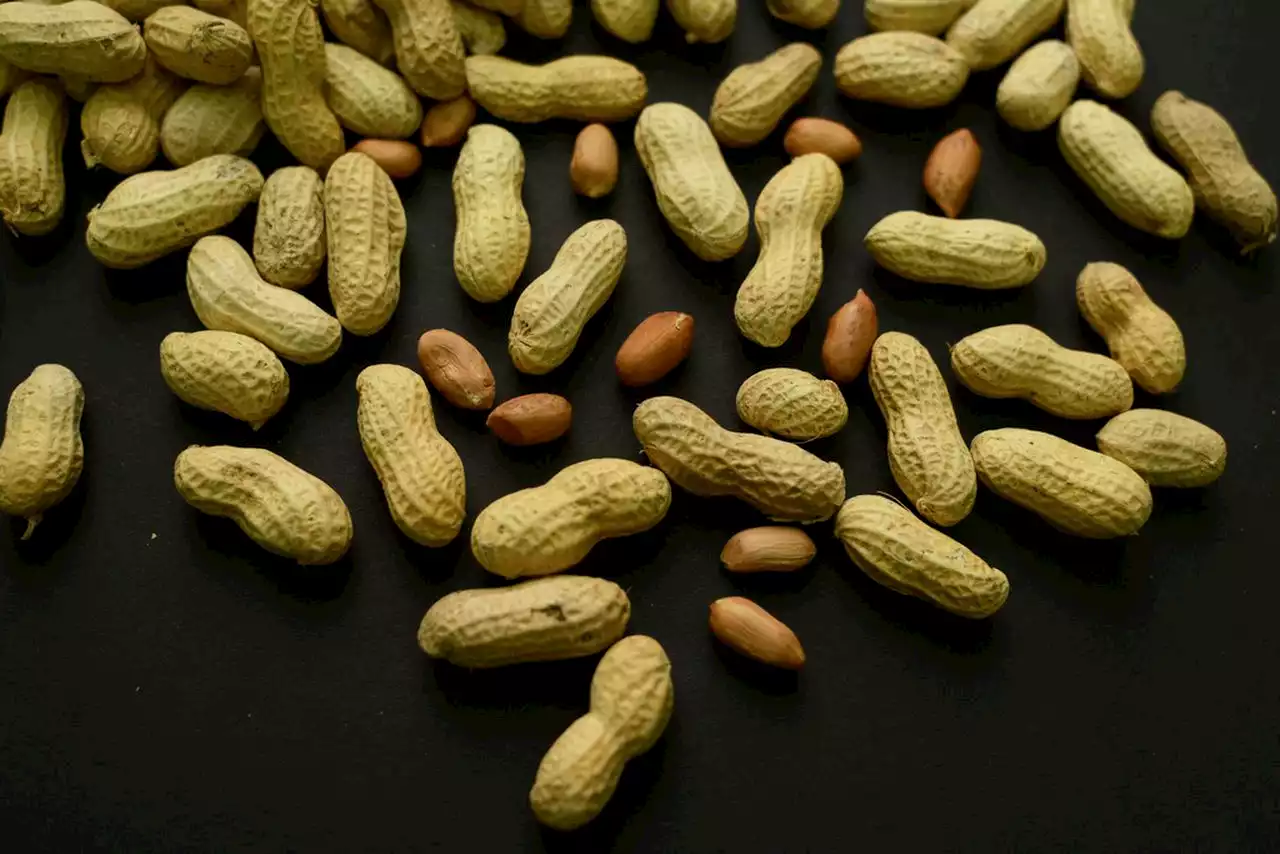 Skin patch shows promise as treatment for peanut allergies in kidsIn a major test with youngsters ages 1 to 3, the patch helped those who couldn’t tolerate even a fraction of a peanut.
Skin patch shows promise as treatment for peanut allergies in kidsIn a major test with youngsters ages 1 to 3, the patch helped those who couldn’t tolerate even a fraction of a peanut.
Read more »
